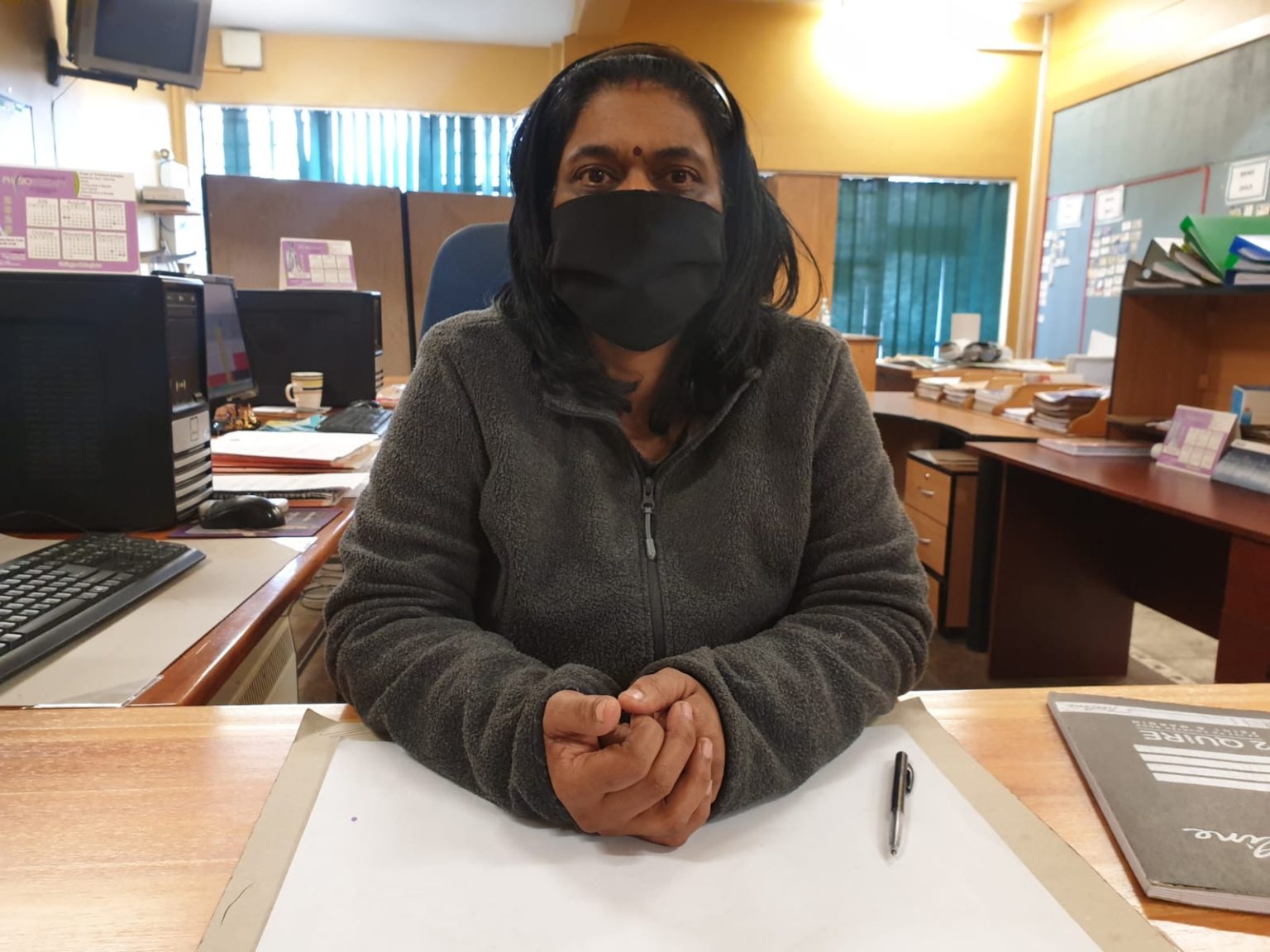Listen to the article
Newcastle Police Warn of Rising Social Media Scams, Provide Safety Guidelines
Newcastle SAPS Corporate Communications officer Lizzy Arumugam has issued an urgent warning to local residents about the increasing threat of social media scams. As online fraud continues to rise across South Africa, authorities are taking proactive measures to educate the public on recognizing and avoiding common digital traps.
“The sophistication of these scams has evolved significantly,” Arumugam explained during a recent public awareness briefing. “What once might have been obvious phishing attempts are now carefully crafted deceptions that can fool even tech-savvy individuals.”
According to Newcastle SAPS, impersonation scams represent one of the most prevalent threats. Fraudsters create convincing fake profiles using stolen information to impersonate friends, family members, or public figures. These accounts are then used to distribute malicious links or manipulate victims into transferring money.
Investment scams have also surged in recent months, with criminals exploiting social media to promote fictitious get-rich-quick schemes, particularly involving cryptocurrency trading. These operations often feature unauthorized videos of celebrities or business leaders to create an illusion of legitimacy.
Other common tactics include giveaway and lottery scams promising substantial prizes after victims pay “release fees,” fake online stores collecting personal and payment information, romance scams targeting emotionally vulnerable individuals, and fraudulent job offers designed to extract sensitive data or upfront payments.
The Newcastle police department has outlined several warning signs that residents should watch for when navigating social media platforms. These include unsolicited messages requesting money or personal information, pressure to act quickly on time-sensitive offers, unusual payment requests involving gift cards or cryptocurrency, suspicious links, poor grammar, newly created profiles with few followers, and offers that seem too good to be true.
“The psychological manipulation behind these scams is quite sophisticated,” noted a cybersecurity expert familiar with the Newcastle police department’s efforts. “Scammers create artificial urgency to short-circuit critical thinking and exploit basic human desires for connection, opportunity, or financial gain.”
To combat these threats, authorities recommend implementing strong security measures such as unique passwords and multi-factor authentication for all social media accounts. Users should independently verify the identity of contacts making unusual requests by contacting them through alternative channels. Adjusting privacy settings, avoiding suspicious links, and limiting third-party app permissions can further reduce vulnerability.
For those who have already fallen victim to scams, Newcastle SAPS advises immediately cutting contact with the perpetrators, gathering evidence through screenshots, reporting fraudulent accounts to the social media platforms, filing a police report, and alerting personal networks to prevent further victimization.
The police department’s public awareness campaign comes amid growing concern about cybercrime throughout KwaZulu-Natal province. Last month alone, Newcastle SAPS investigated three fraud cases directly linked to social media scams, with victims losing significant sums to sophisticated online schemes.
“Prevention through education is our most effective tool,” Arumugam emphasized. “While we’re actively pursuing these criminals, the digital nature of these crimes makes them particularly challenging to investigate. We’re asking community members to serve as the first line of defense by staying informed and vigilant.”
Local authorities encourage residents to follow official Newcastle SAPS communication channels for regular updates on emerging scams and additional cybersecurity guidance as fraudsters continue to develop new techniques.
Fact Checker
Verify the accuracy of this article using The Disinformation Commission analysis and real-time sources.




16 Comments
Scams targeting vulnerable people, like the elderly, are particularly despicable. I’m glad the authorities are taking steps to address this growing problem.
This is a concerning trend. Scammers are getting more sophisticated in their tactics to dupe unsuspecting victims. It’s crucial that the public remains vigilant and reports any suspicious activity to the authorities.
Absolutely. Awareness and education are key to combating these kinds of scams. The police are right to proactively warn the community.
This is a timely warning from the police. Social media scams can have devastating financial and emotional consequences for victims. Vigilance is key.
Impersonation scams are especially insidious, as they leverage the trust we have in our social connections. I’m glad the police are taking this seriously and providing guidance to the public.
Yes, verifying the legitimacy of any online request or offer is critical these days. A little caution can go a long way in avoiding these traps.
Social media has become a prime hunting ground for scammers. This is a wake-up call for all of us to be more vigilant in our online interactions.
Absolutely. Verifying the source and legitimacy of any request or offer is crucial. We can’t let our guard down, even with people we think we know.
Kudos to the Newcastle Police for taking a proactive approach to educating the public. Raising awareness is key to combating these types of scams.
Investment scams, particularly those involving crypto, have become alarmingly common. It’s important for people to do their due diligence and be wary of any get-rich-quick schemes on social media.
Agreed. If an investment opportunity seems too good to be true, it probably is. Stick to reputable, regulated financial institutions and products.
As someone who uses social media regularly, this news is concerning. I’ll be sure to share the police’s safety guidelines with my friends and family.
That’s a great idea. The more people are aware of these scams, the better we can all protect ourselves and our loved ones.
Scammers are always looking for new ways to exploit people’s trust and vulnerability online. I’m glad the authorities are taking proactive steps to educate the public.
Absolutely. Staying informed and being cautious about unsolicited offers or requests on social media is crucial to avoid falling victim to these scams.
It’s disheartening to see the level of sophistication these scammers have reached. But the police are right to sound the alarm and provide practical advice to the community.